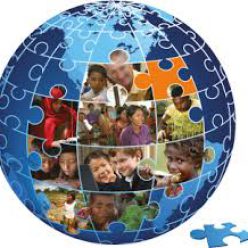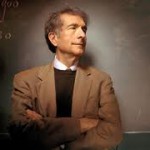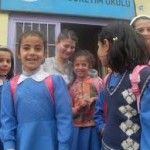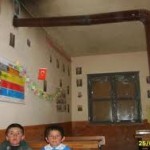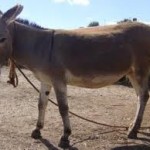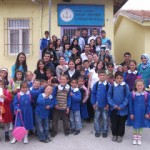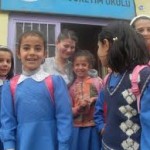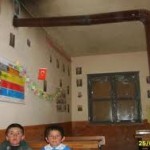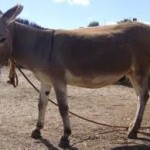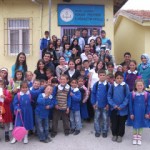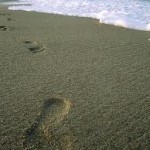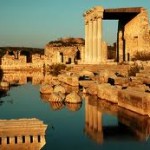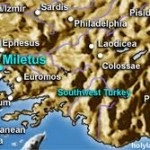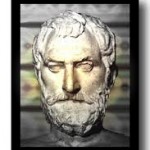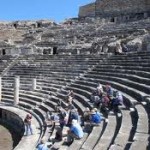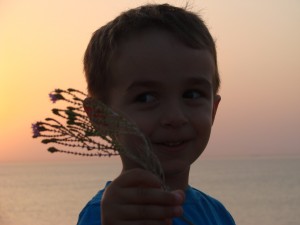 YOUR CHILDREN ARE NOT YOUR CHILDREN
YOUR CHILDREN ARE NOT YOUR CHILDREN
Your children are not your children.
They are the sons and daughters of Life’s longing for itself.
They come through you but not from you,
And though they are with you yet they belong not to you.
You may give them your love but not your thoughts,�
For they have their own thoughts.
You may house their bodies but not their souls,
For their souls dwell in the house of tomorrow, which you cannot visit, not even in your dreams.
You may strive to be like them, but seek not to make them like you.
For life goes not backward nor tarries with yesterday.
You are the bows from which your children as living arrows are sent forth.
The archer sees the mark upon the path of the infinite, and He bends you with
His might that His arrows may go swift and far.
Let our bending in the archer’s hand be for gladness;
For even as He loves the arrow that flies, so He loves also the bow that is stable.
ÇOCUKLARINIZ ASLINDA SİZİN ÇOCUKLARINIZ DEĞİL (in Turkish)
Çocuklarınız aslında sizlerin çocukları değildir.
Hayatın kendi içinde devam edişinin oğulları ve kızlarıdır onlar.
Sizin aracılığınızla dünyaya gelirler ama sizden gelmezler.
Onlar sizinle birliktedirler ama size ait değillerdir.
Çocuklarınıza sevginizi verebilirsiniz ama düşüncelerinizi değil,
Onların kendi düşünceleri vardır.
Çocuklarınızın gövdesini barındırabilirsiniz ancak ruhlarını değil.
Onların ruhları, sizlerin rüyalarınızda bile ziyaret edemeyeceği, yarının yuvalarında yaşarlar…
Siz onlar gibi olmaya gayret edebilirsiniz. Ama onların size benzemesini beklemeyin.
Hayat ne geriye doğru gider, ne de zaman dünde asılı kalır
Siz anne babalar aslında birer canlı ok olan çocuklarınızı fırlatan yaylarsınız
Okçu sonsuzluğun yolundaki izi görmektedir
Ve bütün kudretiyle bizi büker ki oklar hızlı ve uzağa gitsin
Dilerim okçunun elinde yayı büküşü mutluluğa doğru olsun
Oku asıl fırlatan yüce yaradan,
Havada uçmakta olan oku zaten sevmektedir
Ancak yayın dengeli olanını da sever
Kahlil GIBRAN- “Prophet” adlı kitabından
(1883 – 1931)
Türkçeleştiren Sencer DÖNMEZ
